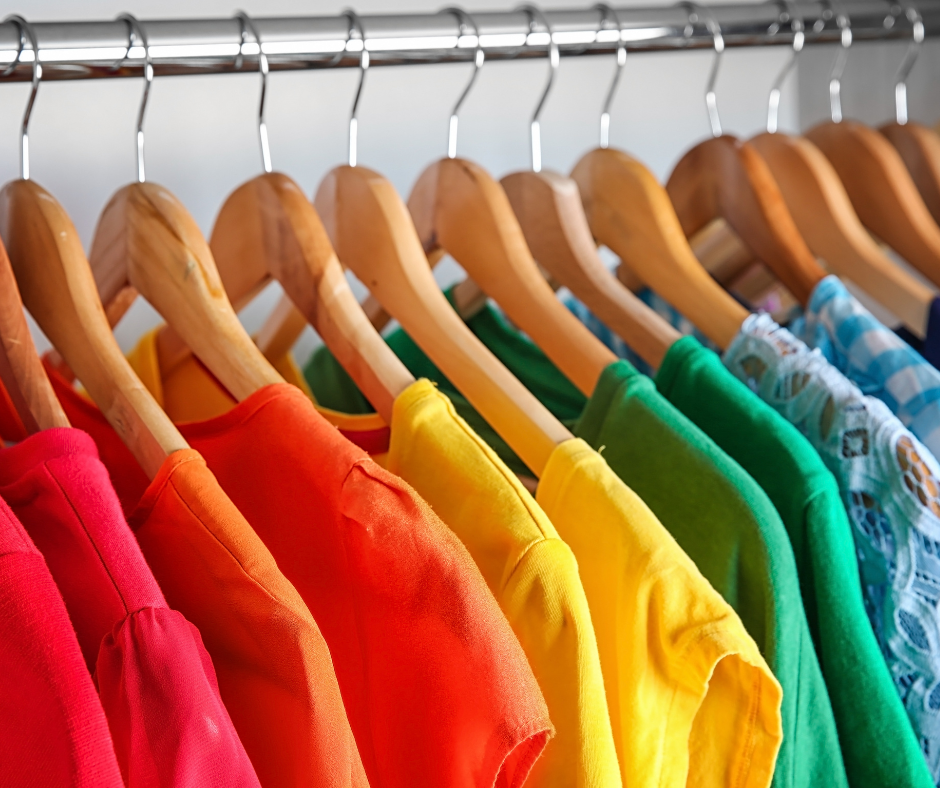Sustainable fashion, or eco-fashion, is a movement and process that aims to promote a fashion system that values the environment and social welfare at all stages of the product life cycle. This includes design, production, transport, storage, marketing and sales, up to the recycling of the product at the end of its life cycle.
- Environmental impact of fashion
- Sustainable fashion policies and practices
- Alternative and sustainable fashions
Environmental impact of fashion
The fashion industry, with its vast environmental impact, represents a significant challenge to global sustainability, as opposed to sustainable fashion.
This sector is known to be one of the biggest polluters, contributing 10% of the world’s carbon dioxide emissions and consuming around 1.5 trillion litres of water per year. Cotton, crucial for the textile industry, is responsible for 25% of pesticide use.
The production of synthetic fibres synthetic fibres such as polyester, viscose and polyethylene involve carbon-intensive processes, consuming over 70 million barrels of oil each year.
In addition, washing certain garments releases thousands of plastic fragments into the oceans, and the dyeing of fabrics requires the use of 43 million tonnes of chemicals, while 85% of the fabrics produced end up in landfills each year.
In the face of these alarming figures, the World Economic Forum emphasises the urgency of a change towards more sustainable practices.
The issue becomes even more pressing considering the constant growth of the sector and the limited natural resources.
Sustainable fashion policies and practices
The European Parliament passed a resolution on the EU strategy for sustainable and circular textiles on 1 June 2023. This aims to ensure that the increase in textile waste, collected with the introduction of separate collection in 2025, does not lead to incineration or landfill, but rather promotes the reuse and recycling of these textile products.
Italy, for its part, is trying to accelerate the path towards better separate collection and recycling of textiles from January 2022, ahead of Europe by as much as three years.
The national government has put forward a legislative proposal introducing the principle of extended producer responsibility (EPR) in the textile sector.
According to this principle, textile manufacturers are required to finance and manage the collection and treatment of waste from their products, such as reuse, recycling and material recovery.
EPR is a key concept to promote sustainability and reduce environmental impact, as it pushes manufacturers to consider the entire life cycle of their products.
The proposal envisages close cooperation between manufacturers and local authorities to encourage separate collection and improve the quality of recovered textiles.
Sustainable and alternative fashion
Eco-fashion is the trend towards clothing made of environmentally friendly materials.
In the case of sustainable fashion, brands try to have the least possible impact environment as possible, ‘meeting the needs of the present generation without compromising the ability of future generations to meet their own needs’.
Increasingly popular and appreciated, vintage fashion represents a way of dressing that goes beyond mere style, offering a number of benefits for both the environment and society.
By opting for vintage rather than new clothes and accessories, you actively contribute to reducing waste and support the concept of circular economy
Wearing vintage clothes can also be seen as an act of social awareness and support for proximity trade.
Ethical fashion strives to reduce negative impacts mainly on society through the use of environmentally friendly materials, efficient production processes and ethical working practices.
In parallel, minimalist fashion offers a more sustainable and simplified approach.
It is about choosing high-quality pieces that are versatile and durable, rather than following the latest trends. It is characterised by simple, no-frills clothes with a neutral colour palette and clean lines.
The aim is to create a wardrobe of pieces that go well together and can be worn on many different occasions (see also capsule wardrobe).
Eco-fashion is not just a trend, but a necessity for our planet.
As consumers, we have the power to buy sustainable fashion and to support companies committed to a greener future.
Play for the planet!
